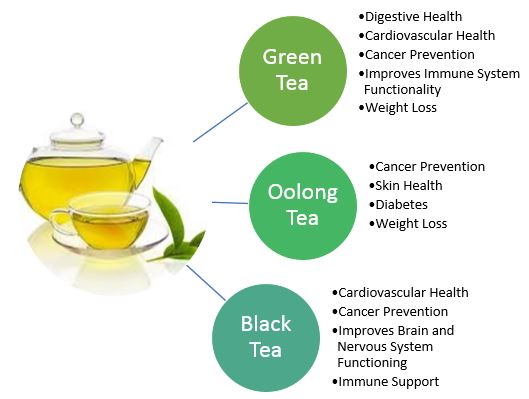Recently, DAVIDsTEA, a popular North American tea company, received a bit of flak after news broke that most of their teas are artificially flavoured.
DAVIDsTEA has a dedicated clientelle, many of which are looking to live a health-conscious lifestyle, a trend that more and more people are following every day. So some customers were surprised when they found out that many of their favorite tea flavors weren’t as natural as they’d hoped.
However, just because a tea contains artificial flavors, doesn’t neccessarily mean that it isn’t healthy.
On the DAVIDsTEA website’s FAQ page, it says:
When a flavour doesn’t come entirely from natural sources, it’s considered artificial. Some artificial flavourings are almost 100% natural – others are entirely man made. But if any component of a flavour is created artificially, it has to be labeled as artificial. Why use artificial flavouring? We always use the most delicious, best quality ingredients we can find, and sometimes an all-natural option simply isn’t available.
While some of DAVIDsTEA products contain artificial additives, it might come as a surprise that even some of the healthiest teas in the world are in fact not as “natural” as you’d think.
Introducing Tea Polyphenols
Tea polyphenols refers to catechins, theaflavins, tannins, and flavonoids, which are chemical compounds in tea leaves. These compounds are processed in several different ways, depending on the type of tea. They affect the flavor of the tea and are thought to provide various health benefits.
Are Tea Polyphenols Healthy?
Consuming tea polyphenols is safer than consuming tea as they are free from caffeine and have better absorption properties. Apart from the antioxidative properties, the health benefits of tea polyphenols include prevention and treatment of cancer, heart diseases, diabetes, neurodegenerative diseases, aging-associated diseases, and other conditions.
How are Tea Polyphenols Made?
Although all of these product types are derived from the same plant, Camellia sinensis, the difference lies in the way the leaves are processed. Black tea is derived from tea leaves that have been completely oxidized; oolong tea is from partially oxidized tea leaves; and green tea is from unoxidized tea leaves.
Health Benefits Gaining Consumer Attention
Consumers are increasingly looking at adopting healthy lifestyles to prevent diseases and achieve a better quality of life, boosting the demand for antioxidants. The protective activities of tea and tea polyphenols is expected to contribute to the prevention of atherosclerosis and other cardiovascular diseases.
Tea polyphenols also prevent a number of age-related diseases, ranging from dementia to Alzheimer’s disease. Tea polyphenols are also used to fortify food and beverages and as nutraceutical supplements.
These benefits are a huge reason why the Tea Polyphenols Market is expected to grow by more than US$100 million by 2019.



